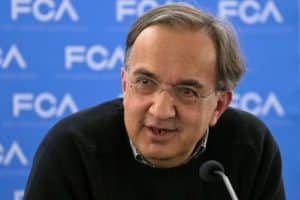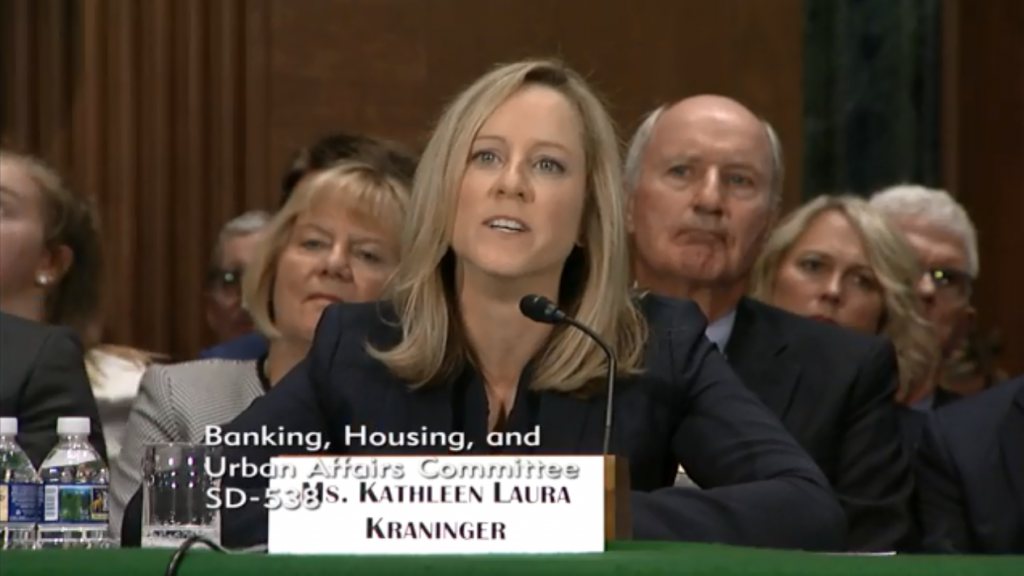Popular Inc.’s auto loan production is up 29% year over year as the territory’s consumer loan sector rebounds from the effects of the hurricane, the bank reported in second-quarter earnings.
Through June, new-car sales in the territory are up 20% compared with the same period the year prior, and while “it’s impossible to measure used car sales, they’re also strong in Puerto Rico right now,” President and Chief Executive Ignacio Alvarez said on the earnings call.
“The trends are encouraging with credit demand in some sectors like auto and personal loan continue to grow at a faster recovery compared to others such as mortgage,” Alvarez said. The Department of Housing and Urban Development has designated $20 billion in recovery funds for Puerto Rico but much of that money has yet to be dispersed, he added. “So, we do expect — as that money flows in the economy — demand for loan growth will pick up.”
On top of already strong growth, Popular’s auto loan volume is poised for another boost as it recently cleared regulatory hurdles to purchase Wells Fargo Auto’s $1.8 billion loan portfolio in Puerto Rico under the name Reliable Financial. The company is targeting a closing date of August 1.
“We look forward to closing the acquisition of Wells Fargo’s auto loan business in Puerto Rico in the third quarter, which will contribute favorably to our earnings in the second half of the year,” Alvarez said. “Excluding the Reliable acquisition for 2018, we anticipate slight growth in overall loan balances with continued growth in the US and stable balances in Puerto Rico.”
The bank also finds itself with excess liquidity, which it plans to use towards acquiring higher yielding auto loans, Carlos Vazquez, chief financial officer for Popular, said during the call.
“On the margin, we are hoping to redeploy about $2 billion of cash shortly in the next weeks to much higher yielding auto-related loans,” he said.
For news on the latest auto finance trends in China and beyond, Royal Media is hosting the Auto Finance Summit Asia at the Grand Hyatt Shanghai on September 5-6. For more information and to register, click here.









